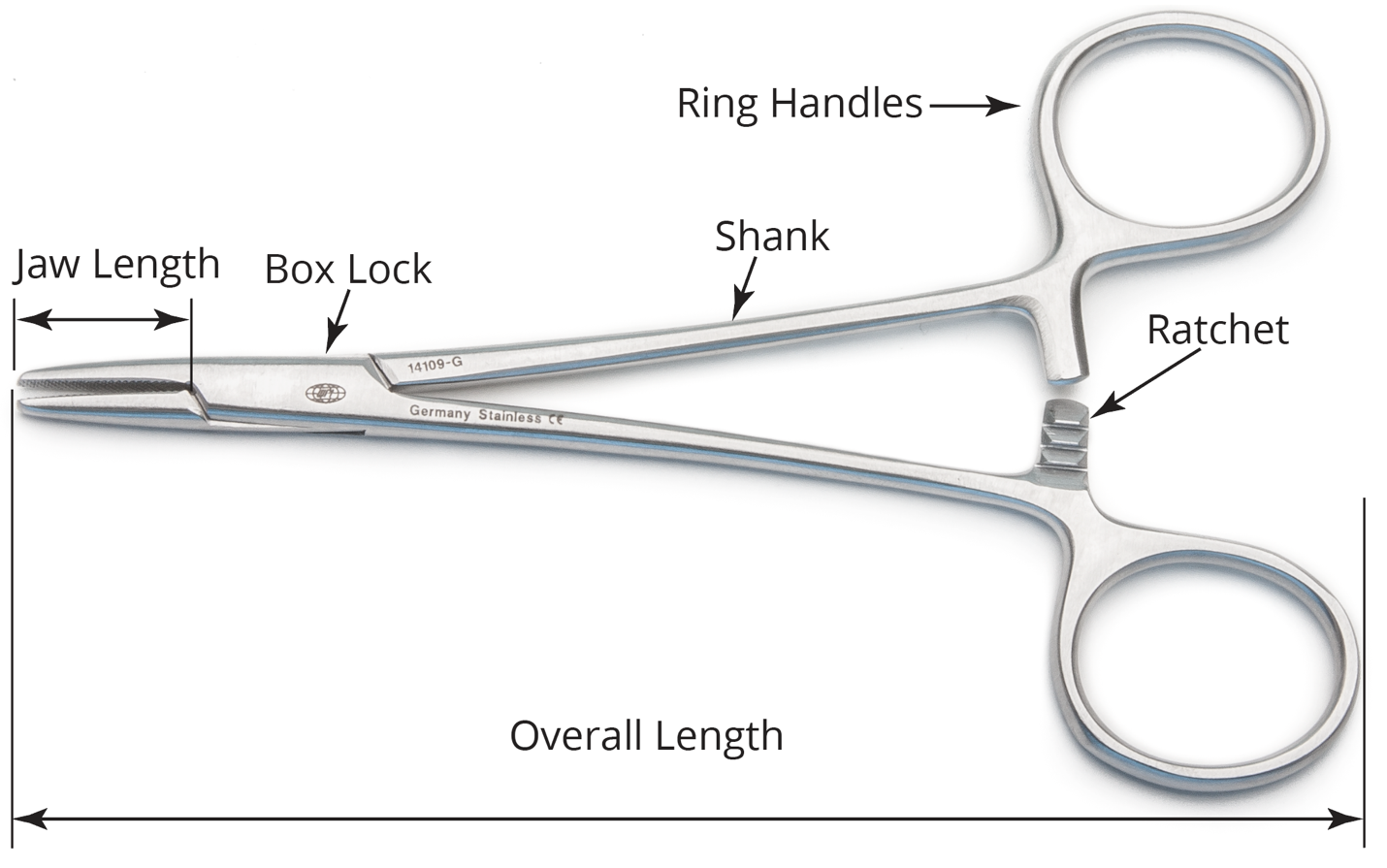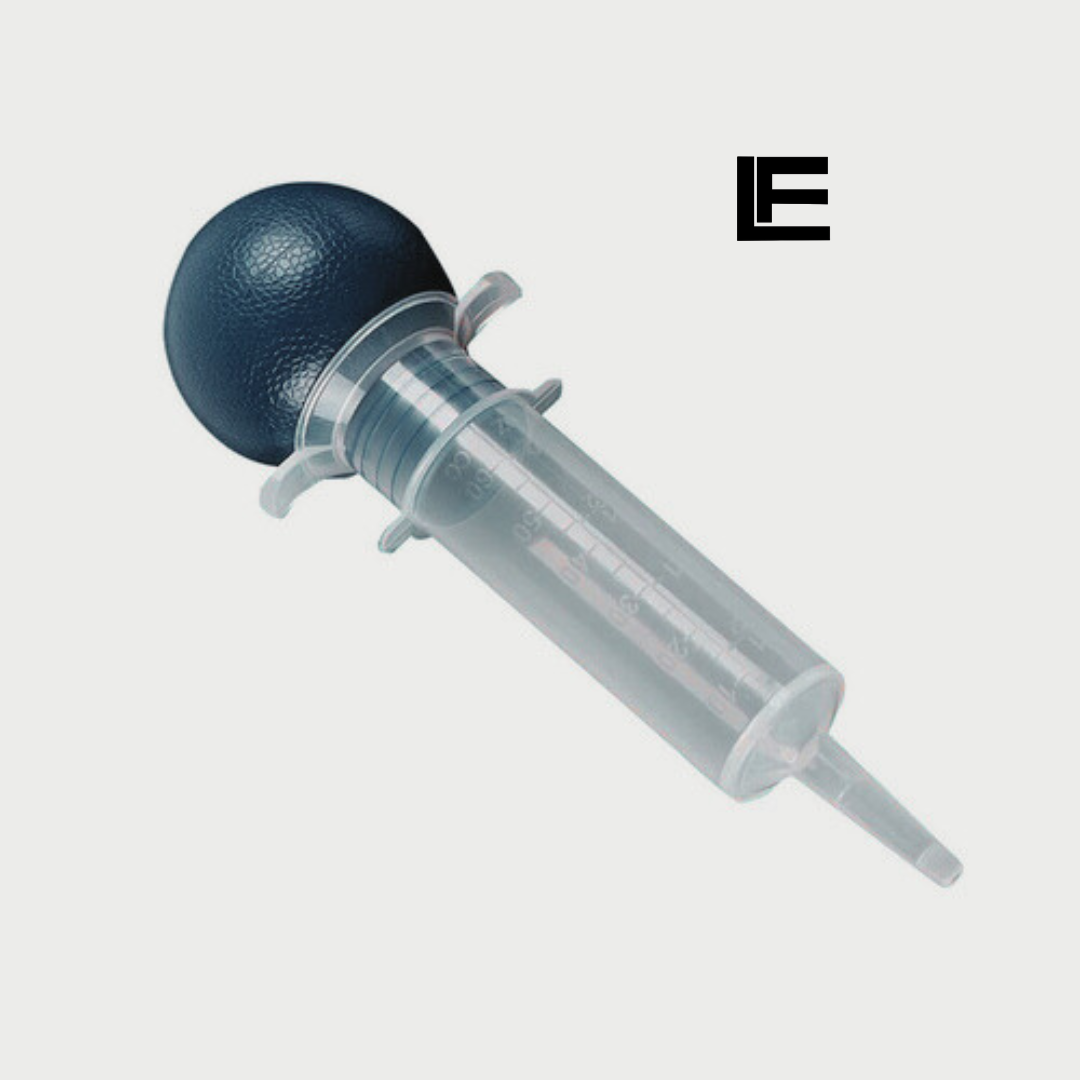
A Comprehensive Guide to Lithium Heparin Tube
Patient care is greatly impacted by the precision and effectiveness of blood sample collection in laboratory tests and medical diagnostics. The lithium heparin tube is unique among the various kinds of blood collecting tubes because of its varied uses and unique characteristics. The definition of lithium heparin tubes, their applications, and the reasons they are crucial to contemporary medical practice will all be covered in this blog.
A Lithium Heparin Tube: What Is It?
One kind of blood collection tube that incorporates lithium heparin as an anticoagulant is called a lithium heparin tube. Anticoagulants ensure that the sample is viable for a range of tests by preventing blood from clotting after it has been obtained. A kind of heparin called lithium heparin inhibits thrombin and other clotting factors by binding to antithrombin III. As a result, the plasma component of the blood is preserved without forming a clot.
Usually distinguished by their green caps, lithium heparin tubes are composed of either premium plastic or glass. To preserve sterility and the proper concentration of anticoagulant, they are vacuum-sealed.
Applications for Tubes of Lithium Heparin
Because of their effectiveness in generating high-quality plasma samples, lithium heparin tubes are frequently utilized in clinical laboratories for a variety of purposes. Among the frequent applications are:
Tests for Plasma Biochemistry:
- Analysis of electrolytes (sodium, potassium, and chloride)
- Tests of liver function
- Tests of kidney function
- Profiles of lipids
Emergency Biochemistry: Because lithium heparin tubes allow for quick processing of blood samples, they are frequently chosen in emergency scenarios. Results can be acquired more quickly because plasma can be extracted from blood cells without waiting for coagulation to occur.
Cardiac Enzyme Tests: These tests help diagnose heart attacks and other cardiac disorders by measuring the amounts of enzymes generated by the heart muscle.
Hormonal Studies: To determine the body’s hormone levels, endocrine testing frequently employ plasma samples obtained in lithium heparin tubes.
Toxicology Screening: These tubes are crucial for toxicology reports since lithium heparin plasma may be examined for the presence of medications, poisons, and other chemicals.
Lithium Heparin Tube Benefits
- Quick Processing: Plasma can be isolated right away; there is no need to wait for blood to clot.
- High-quality plasma: Test results are more accurate and lucid when there are no clotting artifacts present.
- Versatility: Fits a variety of toxicological and biochemical testing.
- Stable Samples: Plasma samples are perfect for delayed analysis and transit since they stay stable for longer.
Best Practices and Precautions
- Proper Mixing: To ensure that the anticoagulant and blood are well combined, the tube should be gently inverted eight to ten times after blood collection.
- Prevent Hemolysis: Inaccurate test findings may occur from hemolysis brought on by rough handling or poor technique.
- Proper Storage: To maintain sample integrity, keep the temperature and conditions at the right levels.
In conclusion
Because of their speed, accuracy, and adaptability, lithium heparin tubes are essential instruments in contemporary medical diagnostics. They are perfect for a variety of biochemical assays due to their capacity to inhibit clotting while preserving plasma quality. Healthcare professionals can guarantee the prompt and accurate provision of patient care by being aware of how to use and handle them.
LabCare Enterprises provides a large selection of dependable items that are customized to match your demands if your hospital or laboratory is searching for premium lithium heparin tubes and other lab supplies. For further details and supplies, get in touch with us.





